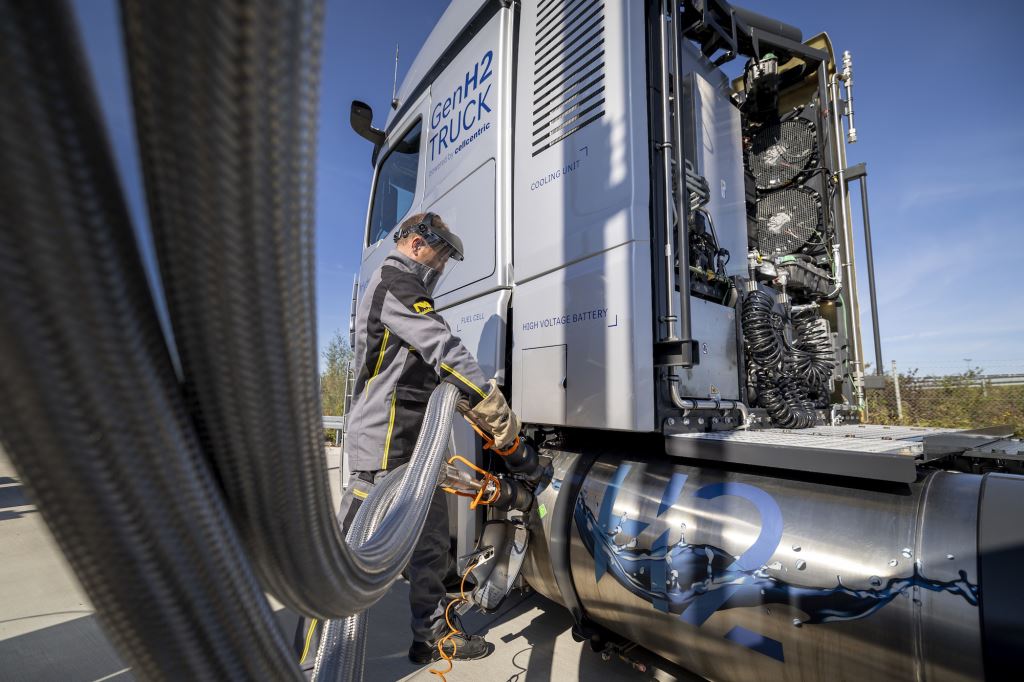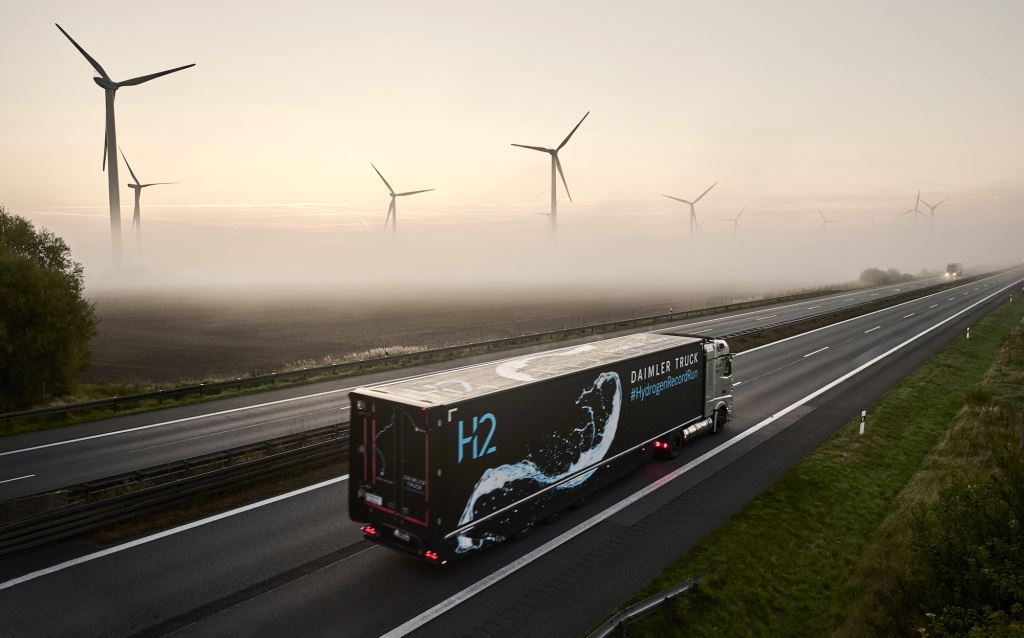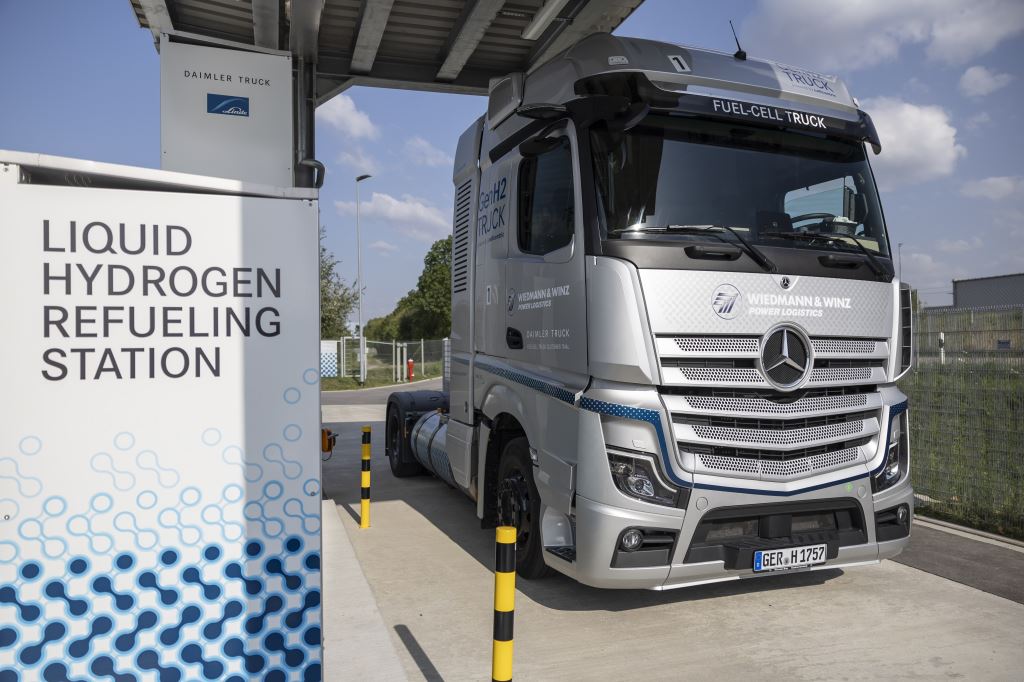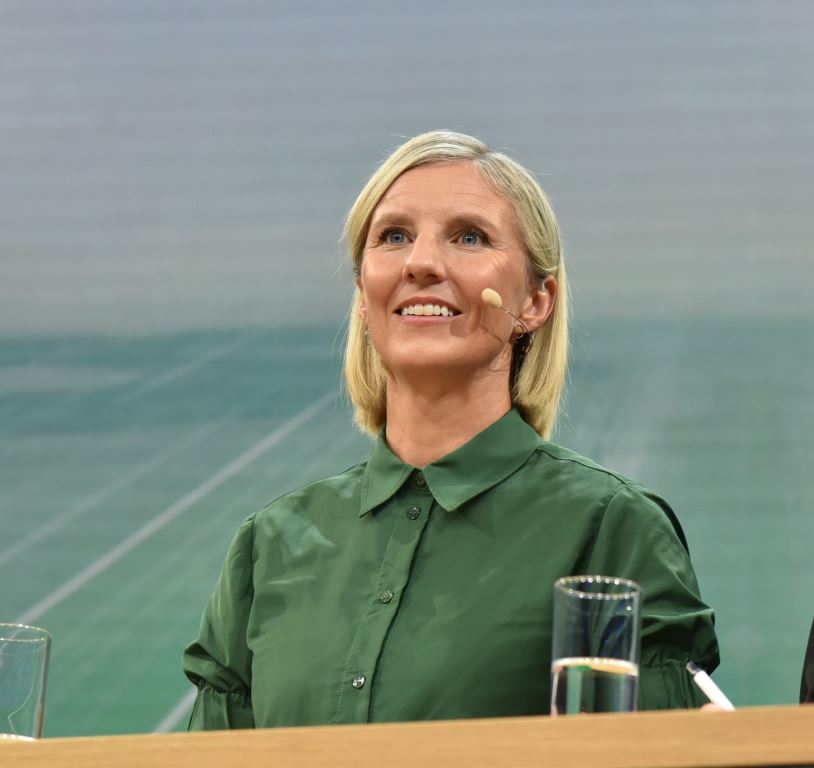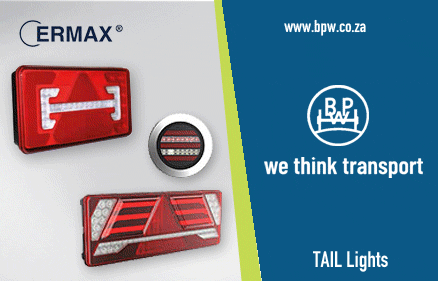Abroad, government investment in clean transport technologies is helping to shape the future of freight transport by road. South Africa, while almost totally reliant on diesel-powered trucks to service supply chains, has an opportunity to learn from leading economies funding decarbonisation at scale. One such example is the public-private collaboration between the German government and Daimler Truck to accelerate hydrogen truck deployment.
In a major move, Daimler Truck will receive ±R4.6-billion (€226-million) in public funding to support the development, limited-series production and initial rollout of 100 hydrogen-powered fuel cell trucks. The funding forms part of the European Union’s Important Projects of Common European Interest (IPCEI) Hydrogen programme and is approved by Germany’s Federal Ministry for Digital and Transport (BMDV), along with the federal states of Baden-Württemberg and Rhineland-Palatinate.
According to Daimler Truck CEO Karin Rådström: “The approval of funding for the development and small series production of 100 fuel cell trucks is an important boost for the use of hydrogen in road freight transportation. This funding is therefore a strong signal not only for Daimler Truck but for the entire commercial vehicle industry.”
A green long-haul silver bullet?
The project sets a precedent in Europe – Daimler’s GenH2 Truck will be the first series-production long-haul truck to use liquid hydrogen. This form of fuel offers a significantly higher energy density than compressed hydrogen gas, enabling over 1 000 kilometres of range on a single fill. It’s a game-changer for long-haul transport, combining emissions-free operation with practical payload and refueling times comparable to diesel.
German Federal Transport Minister Dr Volker Wissing emphasises the urgency of the transition: “Sustainable transportation with hydrogen-powered trucks is already possible today,” he says. “Daimler Truck is the first European manufacturer to produce a series-production truck that uses liquid hydrogen – and thus provide an important impulse for the commercial use of hydrogen technology in road freight transportation.”
The rollout is scheduled to begin in late 2026. In the meantime, field testing is already under way. Several early prototypes, developed under an initial 2022 funding commitment, are being trialed by five logistics operators on German motorways. Refueling is handled via dedicated liquid hydrogen (sLH₂) stations in Wörth am Rhein and Duisburg.
Dr Wissing says these deployments will provide valuable data to guide the energy transition in logistics: “With the deployment of the new fuel cell trucks, we are gaining important insights for the future mix of drive technologies enabling sustainable freight transport.”
Daimler Truck applied for IPCEI funding in 2021 and the approved amount is expected to cover roughly two-thirds of the eligible investment – although the company still bears a significant share of development costs. The rollout will involve multiple German sites: drive axles from Kassel, electronic systems from the Mannheim “Tech Tower” and twin fuel cell systems assembled in Gaggenau using cells from the joint venture, Cellcentric, says Rådström.
A catalyst for concerted climate protection efforts
Rhineland-Palatinate’s Justice Minister Daniela Schmitt says the funding is a catalyst for industrial innovation: “Today is a good day for the future of the Wörth plant, a good day for Rhineland-Palatinate as a hub for industry and innovation and a good day for the international competitiveness of the commercial vehicle industry in Southwest Germany.” She adds, “The development and production of 100 fuel cell trucks is an impulse for the future of the commercial vehicle industry here from Wörth to the world.”
In Baden-Württemberg, which is contributing up to €50 million to the project, State Secretary Dr Andre Baumann welcomes the collaborative effort: “Together we can achieve great things, together we can advance climate protection.” He notes that hydrogen has a vital role to play in decarbonising heavy transport – a sector difficult to electrify via battery power alone.
Daimler Truck’s dual-tech strategy reinforces this view. While its battery-electric trucks, such as the Mercedes-Benz eActros 600, are ideal for regional and predictable routes, hydrogen fuel cell trucks are better suited for long distances and demanding applications.
The company plans to offer only CO₂-neutral new vehicles in its core markets – Europe, the US and Japan – by 2039. However, this vision relies not only on building the trucks but also on developing an international hydrogen refueling network and ensuring the cost-effectiveness of hydrogen production and supply.
“Vehicles alone are not enough. We need the right infrastructure and green hydrogen at competitive prices if we want to make a meaningful transition,” concludes Rådström.
Editor’s comment: South Africa, facing its own logistical and decarbonisation challenges, can take valuable lessons from Germany’s hydrogen investment drive – particularly the role of coordinated public-private partnerships.
As Transnet rolls out its Private Sector Participation (P2P) framework to revitalise freight rail and terminal operations, the opportunity exists to align infrastructure upgrades with green technology adoption.
Just as Germany’s government is partnering with Daimler Truck to promote climate protection, drive innovation and industrial growth, South Africa’s logistics sector can benefit from similar collaboration.
Government investment and incentives fused with private-sector capabilities – when strategically aligned – could well pave the way for a cleaner, more resilient freight system, fostering economic development while preparing for a carbon-constrained future.
Ends

